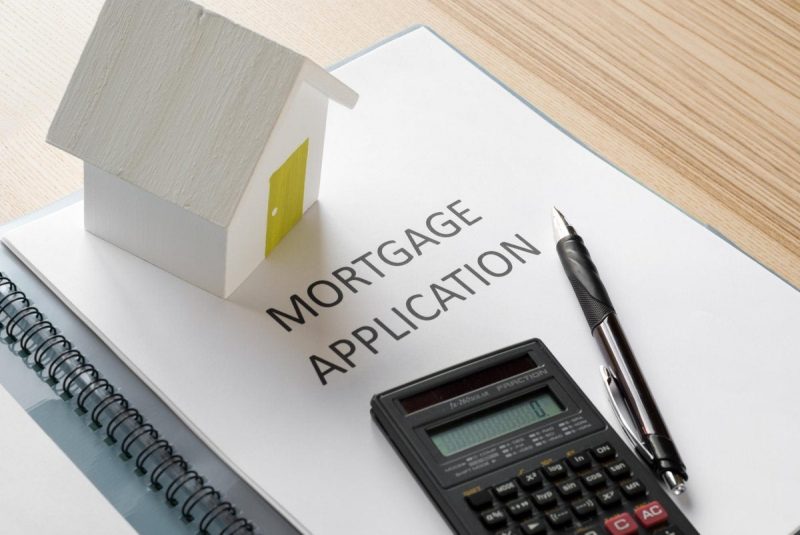Buying a house for the first time can be exciting but incredibly confusing. You’re suddenly bombarded with lots of information and new words – and it can be difficult to know who has your best interests at heart.
Unless you have large sums of money in the bank, one of the first steps to getting on the property ladder will be applying for a mortgage. But you might be surprised to learn that there are a few things you’ll need to do to prepare. Read on to discover the 7 things you need to do before applying for a mortgage.
Save a deposit
The days of 100% mortgages are behind us. You’ll now need to provide a portion of the value of the property as a deposit, usually around 5-25%. For buy-to-let properties, this could be as high as 40%. In general, the more deposit you can provide the better, so it’s time to get saving! A larger deposit will also give you access to better mortgage deals, so a little bit of extra scrimping and saving, in the beginning, could save you money in the long-term.
Make a budget
Not only will you need to start being very responsible with your money to save for a deposit, but you will also need to think about how much you can afford to borrow. If you request too much, you could see your application denied. But applying for too little could mean that you miss out on your dream home. It’s time to get realistic with your expectations and create a budget you can stick to.
Make a list of needs and wants
You might be planning to buy your forever home, but most people have to make some compromises on their first home. Perhaps your dreams of moving into a new build property will have to be put on hold. A fixer-upper property could be a better investment for your first home. Or perhaps choosing a 2 bedroom house over a 3 bedroom house could help you to save a bit of money. Make a list of things you want in a property, and then split them into essentials and luxuries so you have a more realistic approach.
Get on the electoral roll
When applying for a mortgage, the easiest way for lenders to confirm your identity is with the help of the electoral roll. Without this, they will have to carry out more checks and it could delay your application. If you’re not on the electoral roll at your current address, make sure you take 5 minutes to sign up well in advance of your application.
Check your credit score
Lenders will also look to your credit score as an indication that you are responsible with money. If you don’t know what’s on your credit report, then you won’t be able to act on it. Sign up to all of the major credit referencing companies so that you have a complete overview of what lenders can see. This will give you plenty of time to fix any mistakes before you submit your application.
Find the right lender
Not all lenders are the same. You’re not just shopping around for the best deal, you’re also shopping for a lender that is more likely to accept your application. Navigating this industry along can be daunting, but a mortgage broker will be able to help you find out if you’re likely to be accepted for a mortgage. This can be particularly helpful if you have irregular income from self-employment, or if you’re a contract worker.
Get a mortgage in principle
If you can’t wait to start shopping around for your dream home, a mortgage in principle could help you to speed up the process. This is a document from your chosen lender that states they would be willing to lend you X amount based on their initial checks. You can then search for a property and even put in an offer. The bank will then complete their mortgage checks once you have submitted your full application. If you are feeling confident you’ll be accepted, this can be a great way to make sure you’re only applying for the amount that you need.

